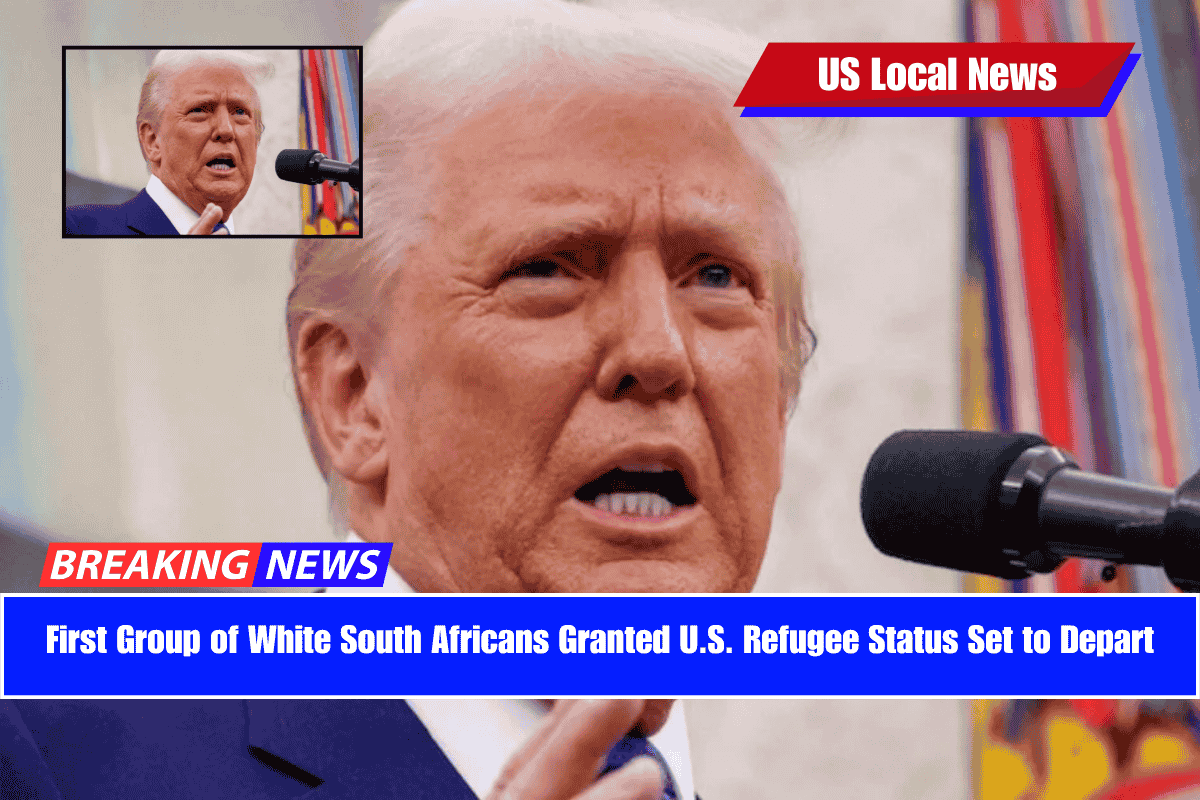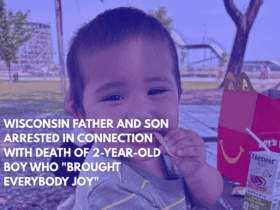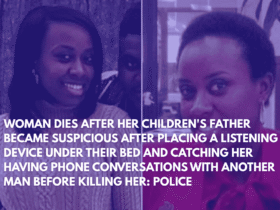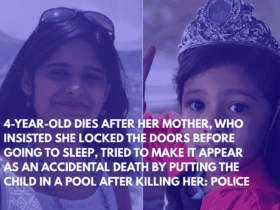A significant milestone has been reached as the first group of White South Africans, granted refugee status by the United States, prepares to depart from Johannesburg, South Africa, this Sunday.
This group of 49 Afrikaner South Africans, including families, young couples, and elderly individuals, will board a chartered flight at OR Tambo Airport, bound for Washington, D.C.
The Journey to the U.S.
The flight is scheduled to depart Johannesburg at approximately 2 p.m. ET, with a refueling stop in Dakar before continuing to Washington, D.C. The group is expected to arrive at Dulles International Airport at 6 a.m. on Monday, and then proceed to Texas. U.S. officials plan to hold a press event at the airport to welcome the refugees, although the timing may change.
Collen Msibi, spokesperson for the South African Transport Ministry, confirmed the refugees’ relocation plans, explaining that the flight was organized as part of the U.S. refugee program to resettle Afrikaners.
Trump’s Executive Order and the Context Behind the Resettlement
The resettlement of Afrikaners comes after President Trump issued an executive order earlier this year. In February, Trump directed U.S. officials to prioritize Afrikaners for resettlement, claiming that White South Africans faced government-sponsored “race-based discrimination.”
This was particularly in reference to a law that conservatives, including South African-born Elon Musk, argue allowed the racially motivated seizure of land from White South Africans. The land expropriation law, aimed at addressing inequalities from the apartheid era, has been a source of contention.
South Africa’s government has strongly denied any claims of racially motivated land seizures or discrimination against White citizens. The country has insisted that the resettlement of Afrikaners as refugees is politically motivated, aimed at questioning South Africa’s constitutional democracy.
Despite this, South Africa’s foreign ministry stated that it would not prevent citizens from leaving the country if they choose to do so.
Fast-Tracked Refugee Process
The processing of the Afrikaners for U.S. resettlement has been unusually swift. Typically, refugee resettlement in the U.S. can take between 18 to 24 months, involving background checks, medical screenings, and interviews.
However, the Afrikaners who are ready to travel have gone through this process in a matter of weeks, prompting questions about the expedited handling of their cases.
This fast-tracked initiative contrasts sharply with the Trump administration’s broader policies that have significantly limited refugee arrivals from other countries. While the U.S. has been criticized for restricting refugee intake, the resettlement of Afrikaners has been handled with much more urgency.
A Tense Diplomatic Climate Between South Africa and the U.S.
This move comes at a time of heightened tensions between South Africa and the United States. Diplomatic relations between the two countries have soured over various issues, including foreign and domestic policies. In March, the U.S. expelled South Africa’s ambassador following these growing disagreements.
Trump’s administration has made it clear that South African farmers or citizens facing discrimination would have a “rapid pathway” to U.S. citizenship, despite the broader refugee restrictions imposed by the president.
The South African government has labeled the U.S. policy as politically motivated, asserting that the country’s constitution guarantees equal rights for all citizens, regardless of race.
The Broader Context of Afrikaner Resettlement
White South Africans, who make up around 7.3% of the population, generally enjoy a higher standard of living than the Black majority. Under the apartheid system, which was led primarily by Afrikaner-led governments, Black South Africans were denied basic political and economic rights.
Since the end of apartheid in 1994 and the election of Nelson Mandela as the first Black president, South Africa has made significant strides toward racial equality, although challenges remain.
The decision to offer refugee status to Afrikaners has sparked debate, with critics questioning the fairness of prioritizing one ethnic group over others in South Africa.
Nonetheless, U.S. officials maintain that the program focuses on individuals who are victims of racial discrimination, with the State Department emphasizing that it is prioritizing the resettlement of those affected by such injustice.











Leave a Reply